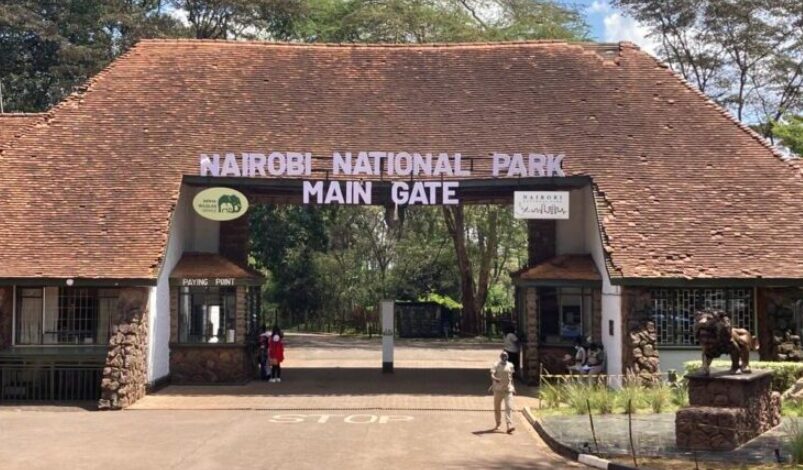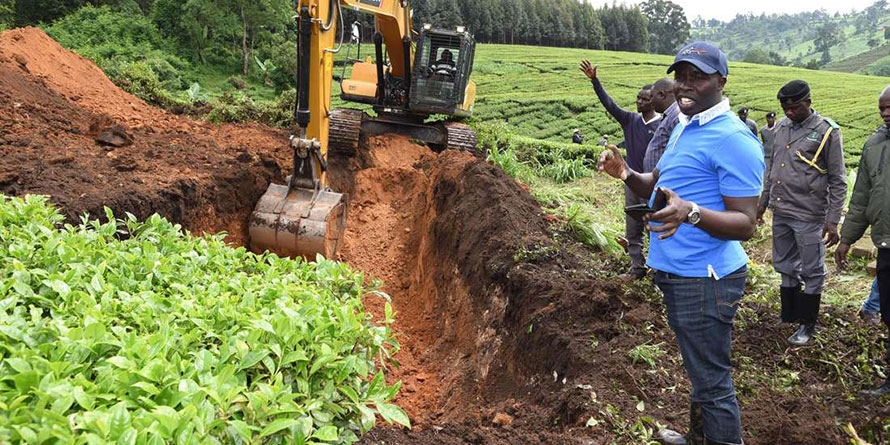Kenyans will gain free access to all Kenya Wildlife Service (KWS)–managed parks, reserves, and sanctuaries on Saturday, September 27, as part of this year’s United Nations World Tourism Day celebrations.
Tourism and Wildlife Cabinet Secretary Rebecca Miano said the initiative is designed to reconnect citizens with the country’s natural heritage while deepening awareness of conservation at a time when tourism is being positioned as both an economic driver and a pillar of sustainability.

“By opening the gates to these iconic spaces, we aim to foster a greater appreciation of Kenya’s rich biodiversity and inspire a shared responsibility to protect it for generations to come,” Miano said in a statement.
She described the decision as both a symbolic and practical gesture of making conservation accessible to the public.
This year’s global theme, Tourism and Sustainable Transformation, draws attention to how the sector can contribute to social inclusion, conservation of ecosystems, and economic resilience.
Kenya’s approach, Miano explained, reflects efforts to anchor tourism growth not just on foreign arrivals but also on citizen participation in heritage and conservation.
The Cabinet Secretary encouraged Kenyans to seize the opportunity to visit national parks and reserves during the open-access day, stressing that such experiences cultivate a deeper connection with nature while reinforcing the country’s identity as a global biodiversity hotspot.
“We invite all Kenyans to explore, learn, and celebrate the wonders of our parks, reserves, and sanctuaries, which are not just Kenya’s pride but the world’s heritage,” she said.
The free entry initiative comes at a moment when the government is preparing to revise park entry fees as part of wider financing reforms for wildlife conservation.
KWS has reported a funding deficit of about Ksh 12 billion, and the proposed tariff adjustments would see charges for Kenyan residents increase from Ksh 430 to Ksh 1,000, while non-residents would pay Ksh 10,360.
Analysts note that balancing accessibility with financial sustainability remains a pressing issue for Kenya’s conservation agenda, as protected areas require substantial investment for wildlife security, habitat management, and infrastructure maintenance.
The one-day waiver for citizens is being viewed as both a goodwill gesture and a reminder of the intrinsic value of natural assets to national identity and long-term economic growth.
With tourism earnings recently crossing Ksh 452 billion and arrivals at record highs, policymakers are seeking to position conservation as not only a source of foreign exchange but also a shared cultural responsibility.
The free-entry day is expected to draw large numbers of domestic visitors, reinforcing government efforts to promote local tourism alongside international travel.
Kenyan Business Feed is the top Kenyan Business Blog. We share news from Kenya and across the region. To contact us with any alert, please email us to [email protected]












